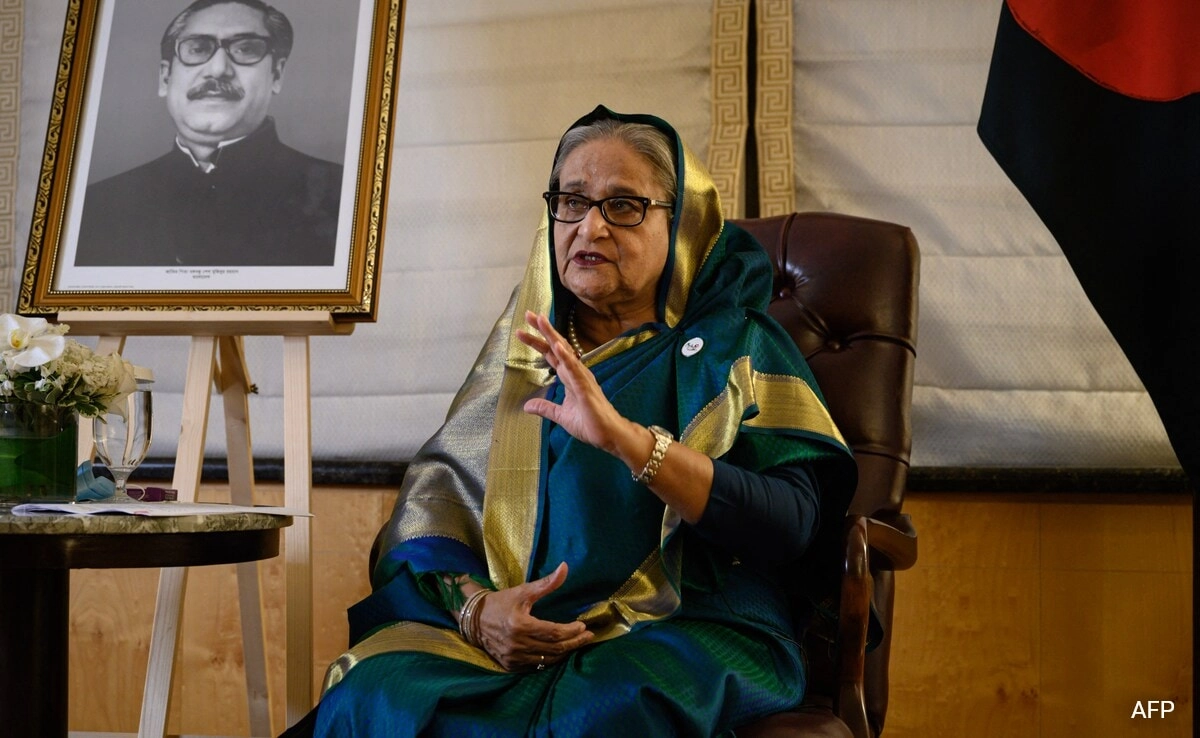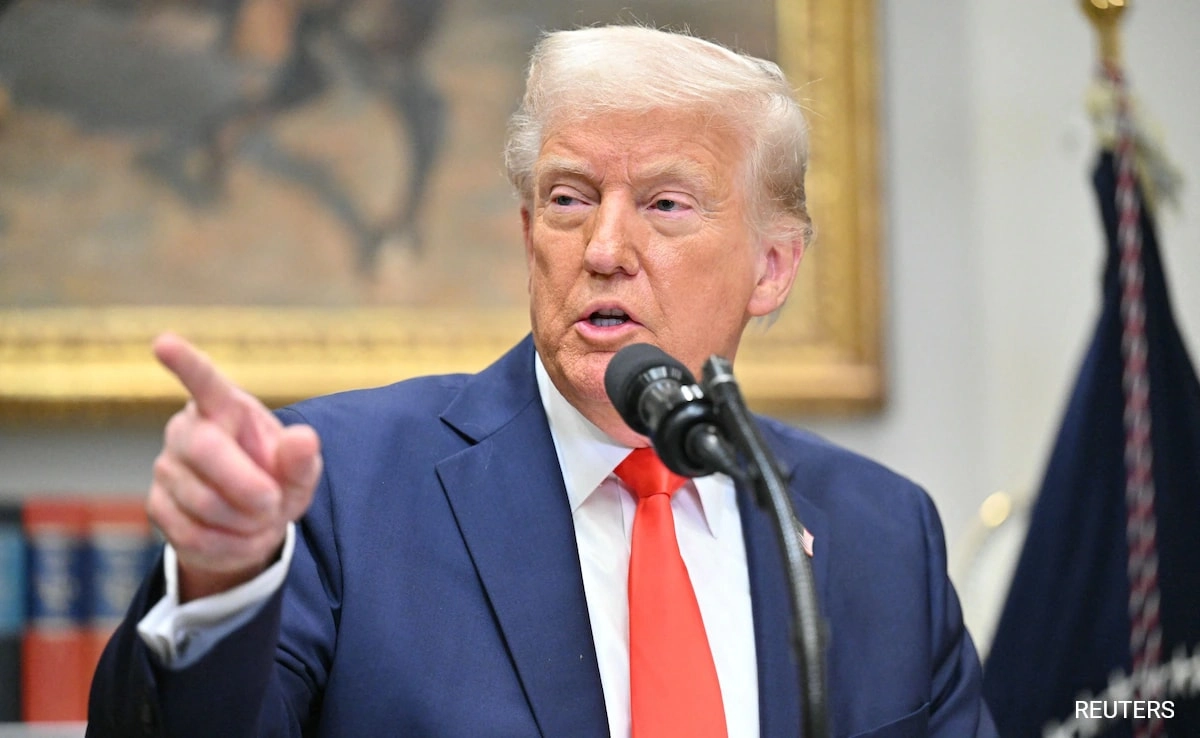A significant development has emerged in Bangladesh as a court has issued an arrest warrant for Prime Minister Sheikh Hasina in connection with a graft case. This unprecedented legal action has drawn considerable attention both domestically and internationally, as Hasina has been a prominent figure in Bangladeshi politics for over a decade. The graft case revolves around allegations of corruption and misappropriation of funds, which have been a persistent issue within the political landscape of Bangladesh. The court’s decision to issue an arrest warrant signifies a critical turning point not only for Hasina but also for the nation’s governance and rule of law.
Sheikh Hasina, who has been serving as Prime Minister since 2009, is the longest-serving prime minister in Bangladesh’s history. Her government has faced various challenges, including accusations of authoritarianism and suppression of dissent. The arrest warrant comes at a time when the political climate in Bangladesh is already tense, with opposition parties alleging widespread human rights abuses and electoral fraud. The implications of this legal action could resonate throughout the country’s political sphere, potentially altering the balance of power and the public’s perception of Hasina’s leadership.
Moreover, this incident raises questions about the judicial independence in Bangladesh and its capacity to hold powerful figures accountable. While Hasina’s party, the Awami League, has maintained a strong grip on power, the legal proceedings may embolden opposition groups and civil society organizations advocating for transparency and justice. The international community is closely monitoring the situation, as it may affect foreign relations and aid, particularly from nations that emphasize democratic governance and the rule of law.
As the case unfolds, the impact on Hasina’s political future remains uncertain. Legal experts suggest that the prime minister may seek to challenge the warrant through various legal avenues, citing her position and the potential ramifications for the country. Regardless of the outcome, the arrest warrant signifies a crucial moment in Bangladesh’s ongoing struggle with corruption and governance issues, underscoring the need for systemic reforms to ensure accountability at all levels of government. The coming weeks will be critical in determining how this situation develops and what it means for the future of democracy in Bangladesh.




